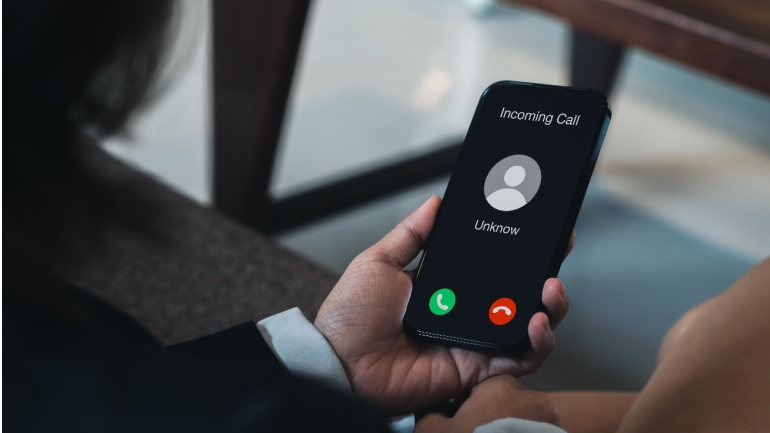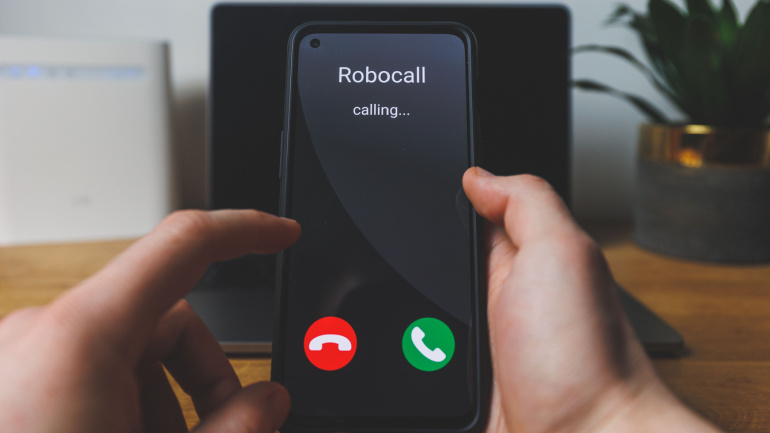The FCC approved SpaceX to replace its aging Starlink satellites with advanced second-gen models. The number of Australians using FWA for home broadband nearly doubled. Hiya’s report found nearly 20 billion spam calls globally. The UK CMA has paused its app store investigations into Apple and Google.
The Federal Communications Commission (FCC) has proposed new rules for AI-generated robocalls and texts. Aiming for transparency, the FCC mandates prior consumer consent and clear AI-generated disclosure for each message. This initiative seeks to protect consumers from scams while exploring AI’s positive applications, such as aiding people with disabilities.
Mint Mobile has launched free roaming services for customers traveling to Canada, offering unlimited talk, text, and 3GB of high-speed data on all plans. This move enhances customer experience post their T-Mobile acquisition. Ideal for frequent cross-border travelers, this feature eliminates extra fees, emphasizing Mint Mobile’s cost-saving commitment.
First Orion, the leading provider of branded communication solutions for enterprises, announces that the industry’s first real-time out-of-band call authentication solution, INFORM Paired, is now available across all major U.S. carriers. INFORM Paired ensures bad actors cannot impersonate a branded call from a legitimate enterprise and, as a result, reduces the risk of consumers getting scammed.
VMO2 reignited talks over a potential acquisition of TalkTalk’s consumer business this week, eyeing several million UK broadband subscribers. Yet, the negotiation’s early nature and TalkTalk’s sizable £1.1 billion debt make the situation complex.
Embark on a festive journey with our 12 articles – one for each day of Christmas – exploring the dynamic realms of VoIP and the telecommunications sector. From unveiling the trends shaping the industry to enhancing professional communication skills and delving into the future of sustainable communications, each article offers a unique perspective on the evolution and impact of telecommunications.
In an effort to address the growing concern of AI-powered robocalls, the Federal Communications Commission (FCC) is set to vote on a Notice of Inquiry, proposed by Chairwoman Jessica Rosenworcel. The inquiry aims to examine how existing consumer protections, particularly the Telephone Consumer Protection Act, can combat scammers and spammers using AI technology.
CNAM, or Caller Name Delivery, goes beyond Caller ID by revealing the caller’s name associated with their phone number. It enhances call identification, trustworthiness, and streamlines communication. Users can quickly recognize callers and identify potential spam calls, making it invaluable in various communication platforms. Check with your service provider to embrace CNAM’s power.
We may not always realize it, but we spend a good part of our lives online. We frequently reveal our names, addresses and credit card numbers when accessing shopping and social networking sites, and trust those sites to keep us and our information secure. You lock the door when you wish to keep your home safe. The same should apply on the Internet, where we can considerably limit our exposure to a variety of hazards by implementing a modest number of Internet safety measures. You know what they say – the Internet is like your front door: a lock doesn’t do much good if you leave the key under the welcome mat. Is it safe to be in the Internet? Learning about cybersecurity and online safety might feel like swimming through a sea of technical jargon. There are several cybersecurity terminologies to be familiar with, but we’ve selected a handful of…













